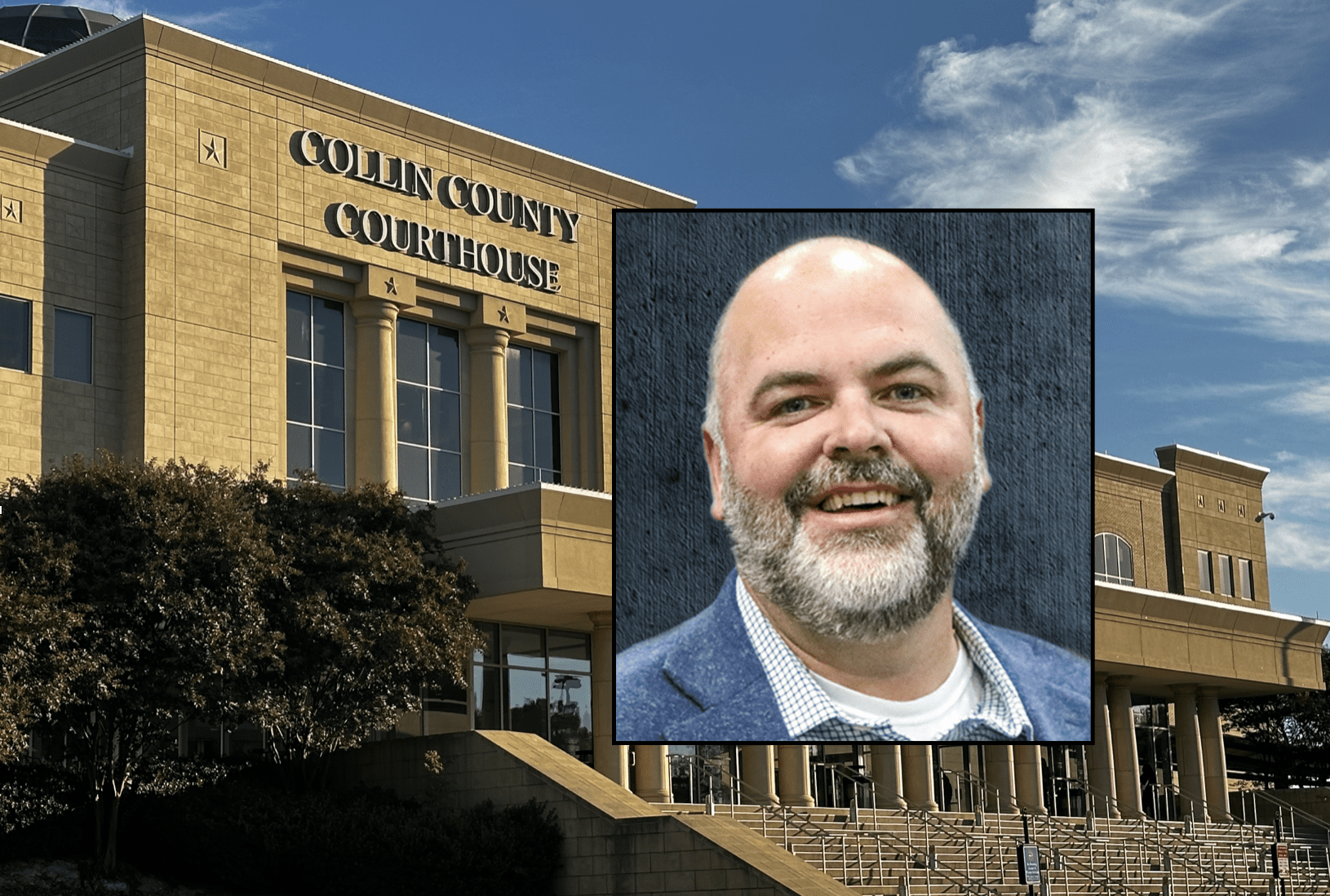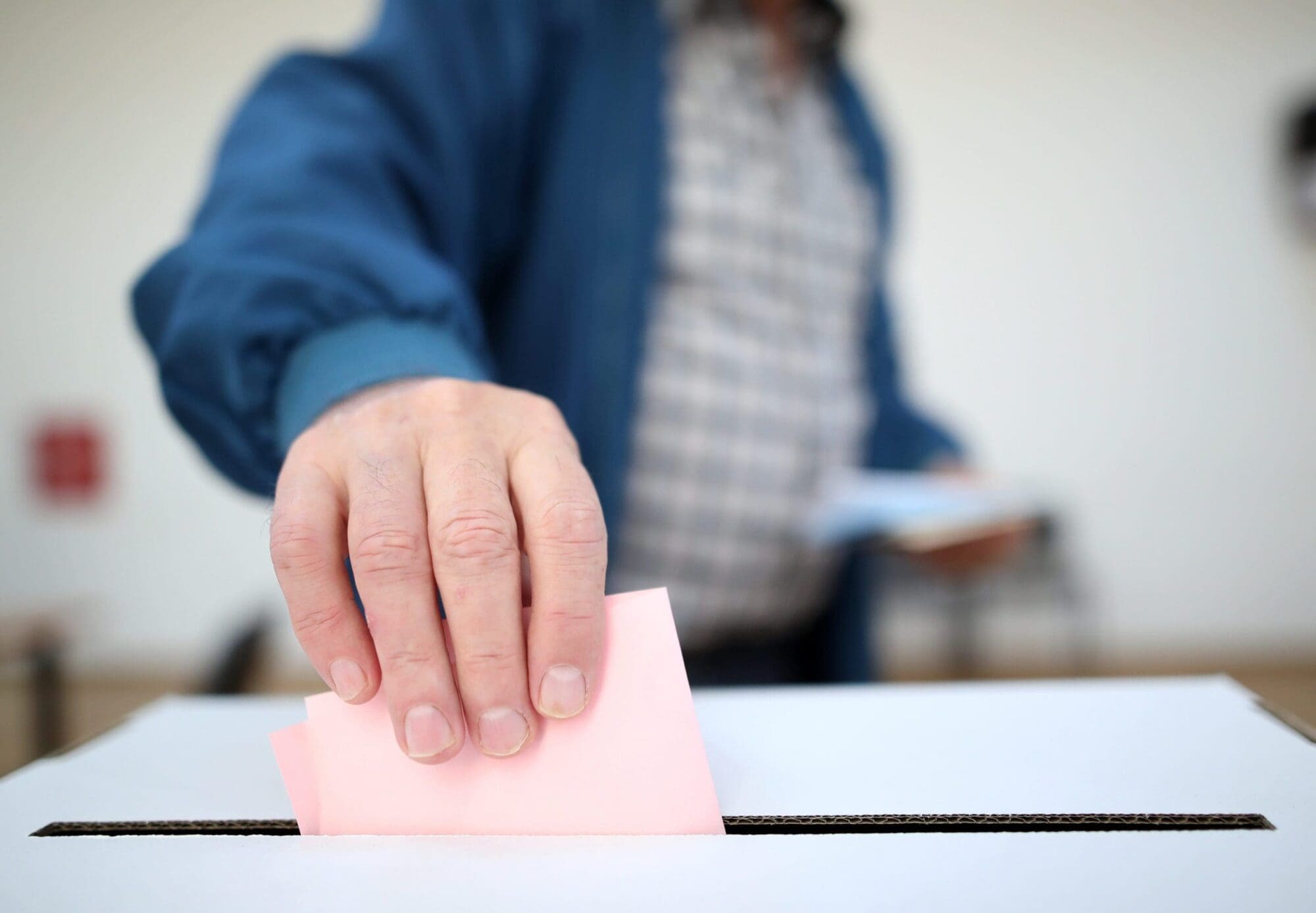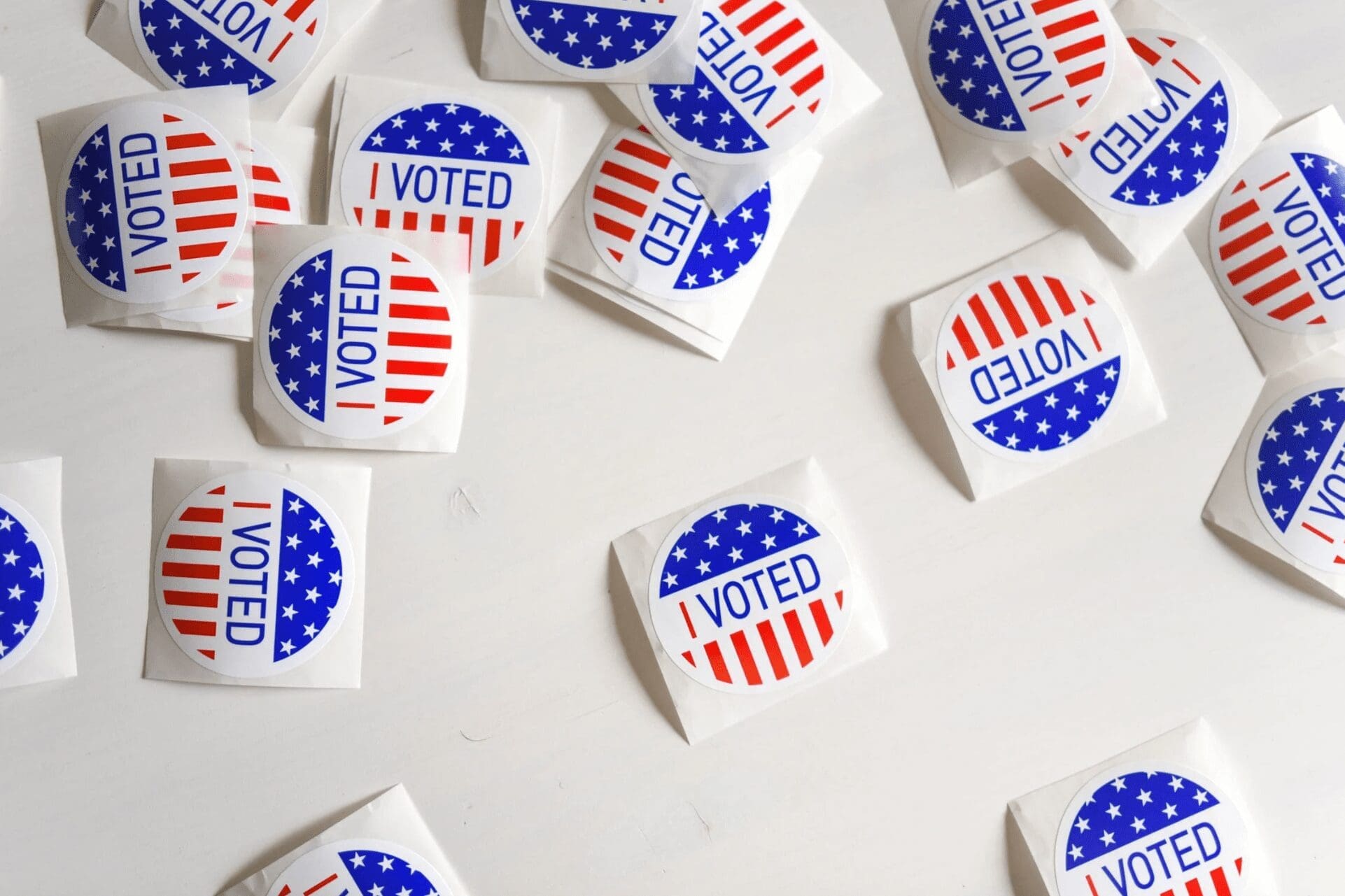Legislation to restore felony penalties for illegal voting is slowing inching closer to final approval, as time ticks away for lawmakers to pass Republican priorities in the regular legislative session.
Monday night, the Senate State Affairs Committee considered House Bill 1243 by State Rep. Cole Hefner (R–Mount Pleasant), which increases the penalty for illegal voting from a Class A misdemeanor to a second-degree felony.
“That’s all the bill does. Simple and straightforward,” said State Sen. Bryan Hughes (R–Mineola), HB 1243’s Senate sponsor.
Illegal voting is a collection of offenses that includes stealing votes, double voting, and other forms of cheating.
Hughes authored a similar measure, Senate Bill 2, which passed the Senate two months ago but has languished in the House ever since—despite its status as a priority of Lt. Gov. Dan Patrick and the Texas GOP.
HB 1243, also a Texas GOP priority bill, took 15 weeks to pass the House, then waited two weeks to receive a Senate committee hearing.
The slow-moving measures aim to fix a “mistake” lawmakers made last session.
In 2021, an amendment to Republicans’ signature comprehensive election reform bill lowered the penalty for illegal voting from a felony to a misdemeanor—the opposite of what GOP grassroots activists wanted.
During Monday’s Senate committee hearing, a few opponents said stiffer penalties are unnecessary and will deter people from voting.
Harris County resident Ed Johnson, who spoke in favor of HB 1243, called stealing votes “a very serious crime” that should have serious consequences, adding that felony offenses are more likely to get prosecuted than misdemeanors.
HB 1243 was left pending in committee.
Texas GOP activists have fought for months to simply return the law to what it was two years ago. Time is now running out for the Republican-controlled Legislature to act.
The regular legislative session ends May 29.





